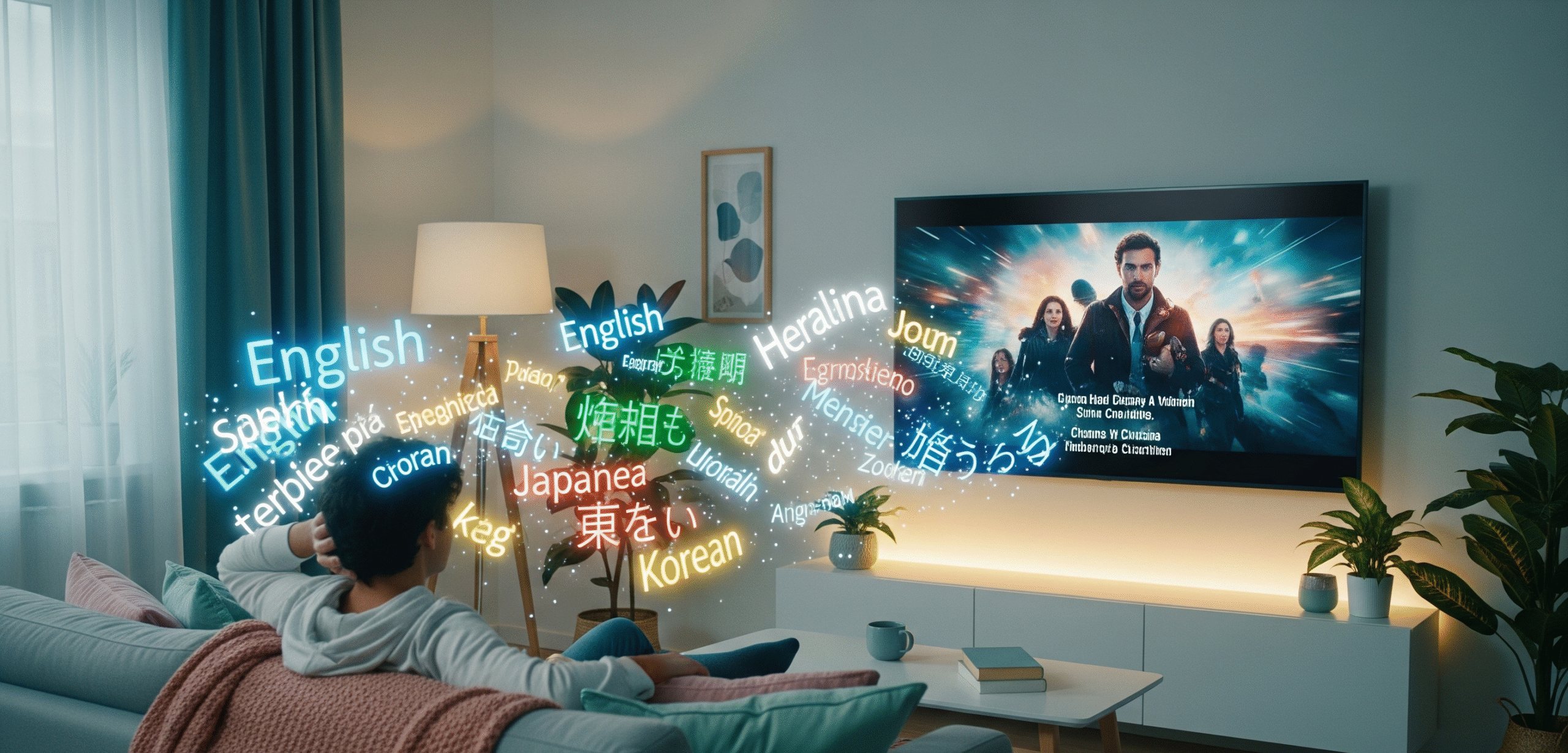Netflix & Learn: Turning Shows Into Language Lessons

Binge-watching your favorite shows isn’t just entertainment—it can also be one of the smartest ways to learn a new language. Streaming platforms like Netflix, Disney+, and Amazon Prime have turned into unexpected classrooms for millions of learners.
Here’s how streaming helps you move from subtitles to fluency.
📺 Immersive Listening
Watching shows exposes you to native accents, tones, and speed.
You hear how words are really spoken, not just how they’re written in textbooks.
Example: Watching Spanish dramas like Money Heist improves listening and comprehension.
📝 Subtitles as a Bridge
- Subtitles let you match spoken words with written text.
- Start with subtitles in your own language, then switch to subtitles in the target language.
- Gradually, you’ll rely less on them as your ear gets sharper.
🎭 Cultural Context
Language isn’t just words—it’s culture, jokes, gestures, and habits.
Shows reveal how people interact in daily life, giving you a cultural compass.
Example: Japanese anime often includes expressions tied to respect and hierarchy.
🗣️ Vocabulary in Action
Repeated phrases stick in your mind when tied to scenes and emotions.
You pick up slang, idioms, and casual speech that textbooks rarely teach.
Example: K-dramas teach everyday Korean greetings and emotional expressions.
🧠 Active Practice
Pausing to repeat lines, mimicking accents, or writing down phrases reinforces memory.
Over time, your speaking confidence grows alongside listening skills.
✅ Why This Matters
Streaming turns learning into fun. Instead of boring drills, you’re connecting with stories, emotions, and characters—making the language more natural to absorb.
Final Takeaway
Streaming is more than binge-watching—it’s a powerful learning tool. From subtitles guiding your first steps to fluency where you no longer need them, shows make language learning feel effortless.
By combining entertainment with education, you immerse yourself in real speech, culture, and emotions—things no textbook can fully capture. The next time you hit “Play,” remember: you’re not just watching a show, you’re unlocking a new language.